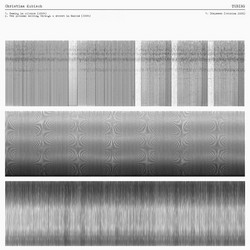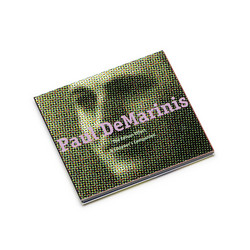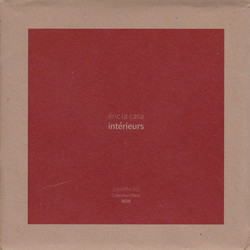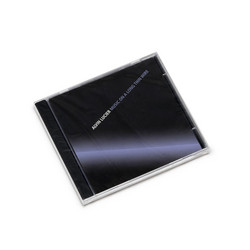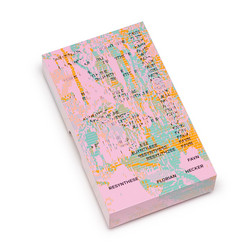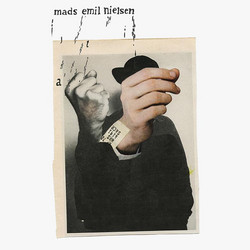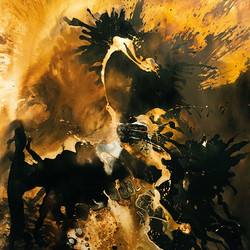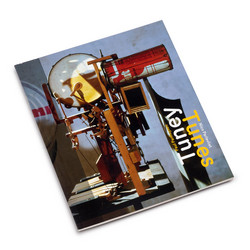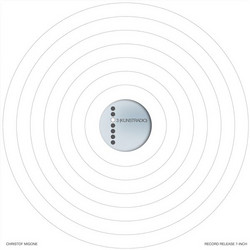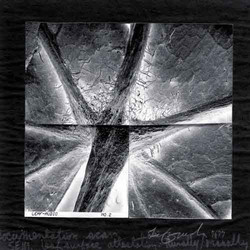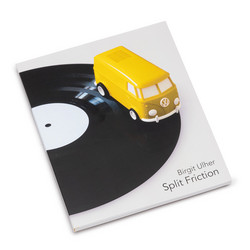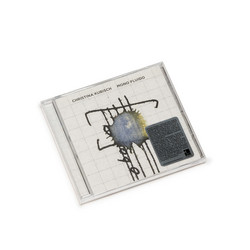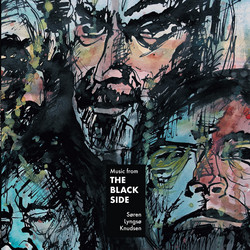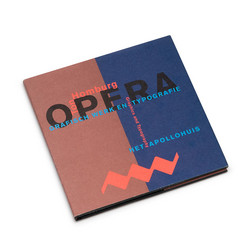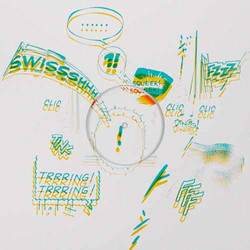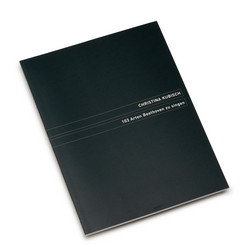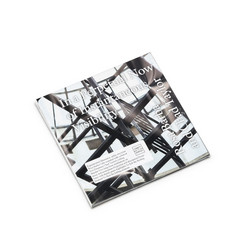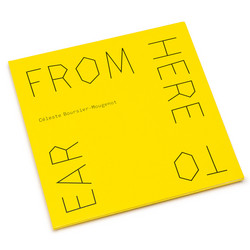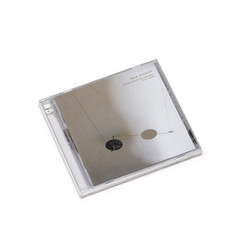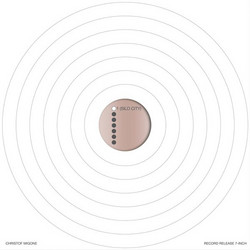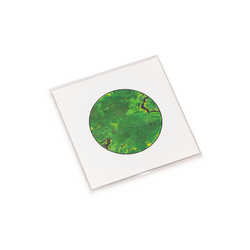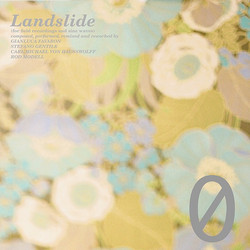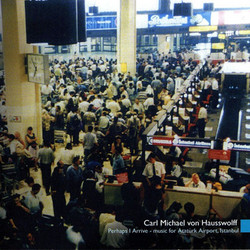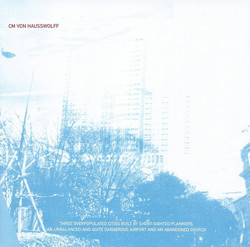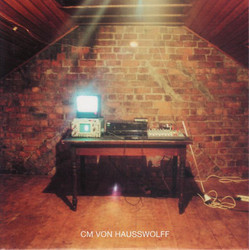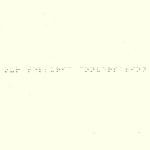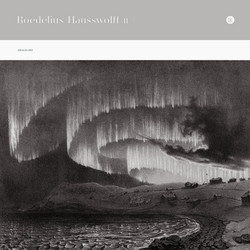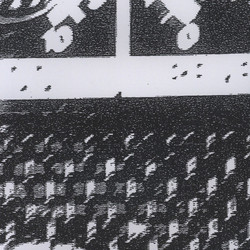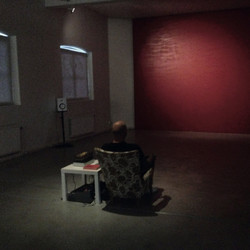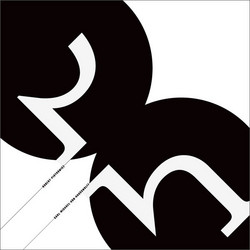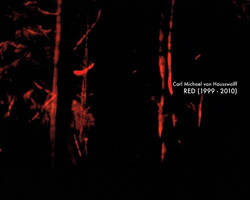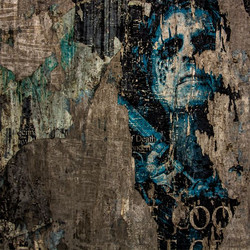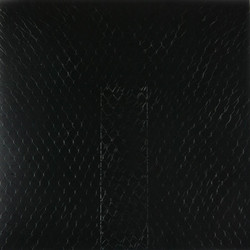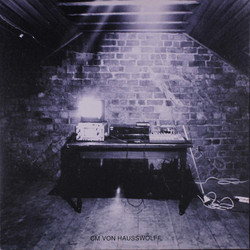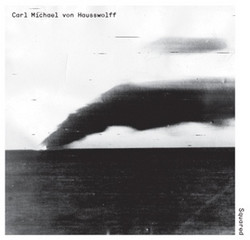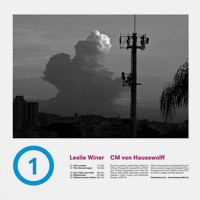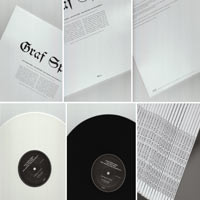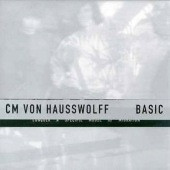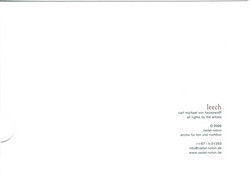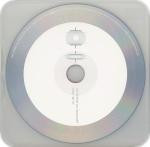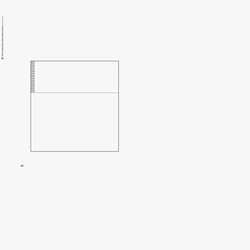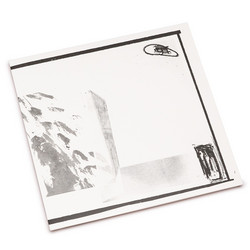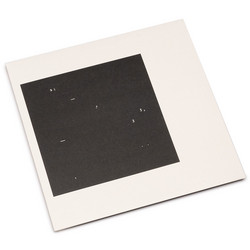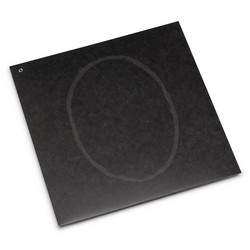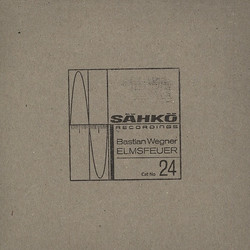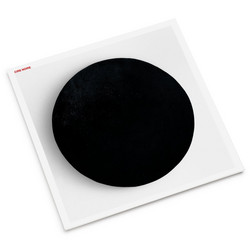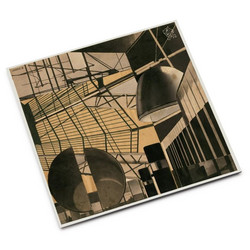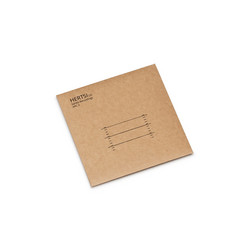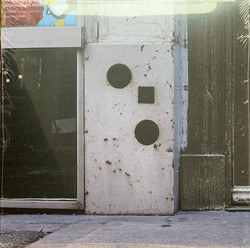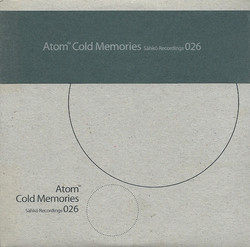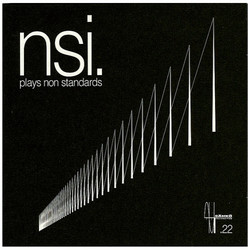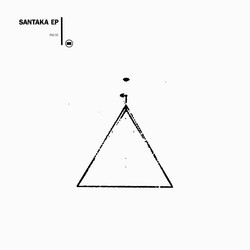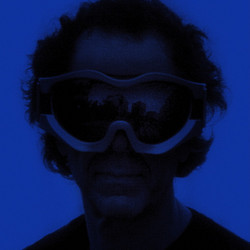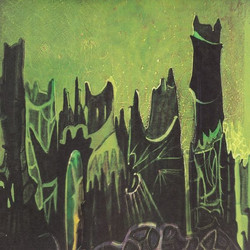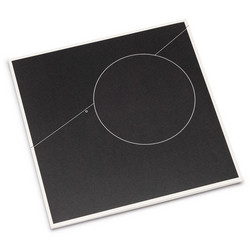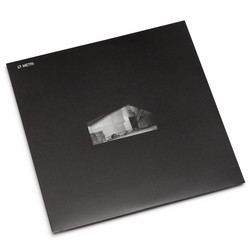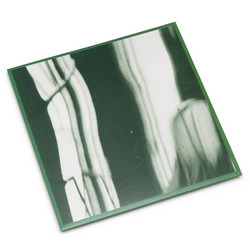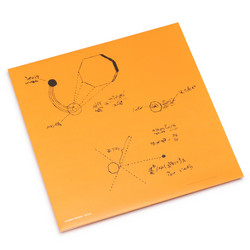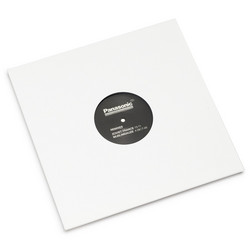Carl Michael von Hausswolff
Addressing the Fallen Angel (LP)
Renowned EVP expert and dark interpreter CM von Hausswolff gets down to the nitty gritty of morality in art with a fascinating, newly augmented collection of sound installation recordings made 2001-2003 in response to Stockhausen’s controversial comments on 9/11 and now released by Sähko. ‘Addressing the Fallen Spirit’ employs an oblique collage of recordings from various installation works as the vehicle for Carl Michael Von Hausswolff’s thoughts on the intersection of art and morality. It’s obviously a dead sticky subject but one that CMvH tackles in the accompanying liner notes, which are crucial to understanding the LP, and take on a particular resonance in 2019 when discussions about political and moral responsibility are more urgent than ever. The premise of the LP lies in Karlheinz Stockhausen’s 2001 assertions that Al Qaeda’s 9/11 attacks on the Twin Towers in NYC, the Pentagon, and Pennsylvania constituted a work of art. Stockhausen would later clarify his comments and condemn the attack as “Lucifer’s greatest work of art”, but CMvH finds fault with both assertions, essentially saying that a) the attack wasn’t a work of art because it caused death and tragedy, and b) that in qualifying his statement by invoking the mythological fabrication of Lucifer, and by extension Christianity, he was deferring responsibility to the big spirit in the sky. As CMvH outlines in the liner notes, the argument is more complicated, and applies to a vast history of art in the last 50 years. This includes CMvH’s own highly controversial use of ashes from the victims of the Holocaust at Nazi concentration camp Majdanek in a painting at his 2012 gallery show, which was quickly cancelled. Bookended by brief vocal snippets, concluding with the voice of Stockhausen, the piece’s collage of distressed radio signals, 666 Hz sine waves, guitar amp hum recorded at multiple CMvH installations between 2001-2003 thus act as a charred sponge or carbon sink for thoughts on the matter of “religious dogma and artistic pomp”, and society’s inability to properly grasp and take responsibility for its actions, or at least not even discuss the matter maturely. Taken in context of impending ecological disaster, too, he suggests that humans, even the ones we massively respect (CMvH is hugely inspired by Stockhausen), have difficulty coming to terms with objective reality and taking responsibility; now is the time to act.
